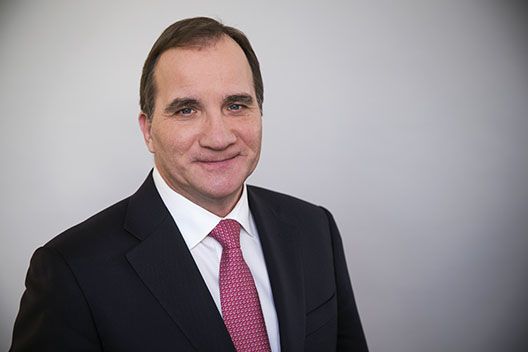Stefan Löfven, the Swedish prime minister, has said that Denmark has to take part in the EU’s common distribution of refugees.
“We are 28 member states in the EU,” Löfven told DR Nyheder. “This refugee crisis is affecting the whole of the EU, and it is important we are working on these kinds of questions, and it is reasonable that all countries take their share of responsibility.”
According to UNHCR, the UN refugee agency, more than 875,000 refugees and migrants have already arrived in Europe.
When the EU countries in September agreed on a distribution of 120,000 migrants and refugees, Danish PM Lars Løkke Rasmussen said that Denmark would accept 1,000 refugees. He has since reneged on that promise.
READ MORE: ‘No more room,’ Swedish migration minister tells refugees
The EU has been working on a more permanent solution to the refugee crisis that will be presented for discussion to the European Parliament today.
The Danish integration minister, Inger Støjberg, said through her spokesperson that Denmark stands firm in its commitment not to join any EU quota system on refugees.















